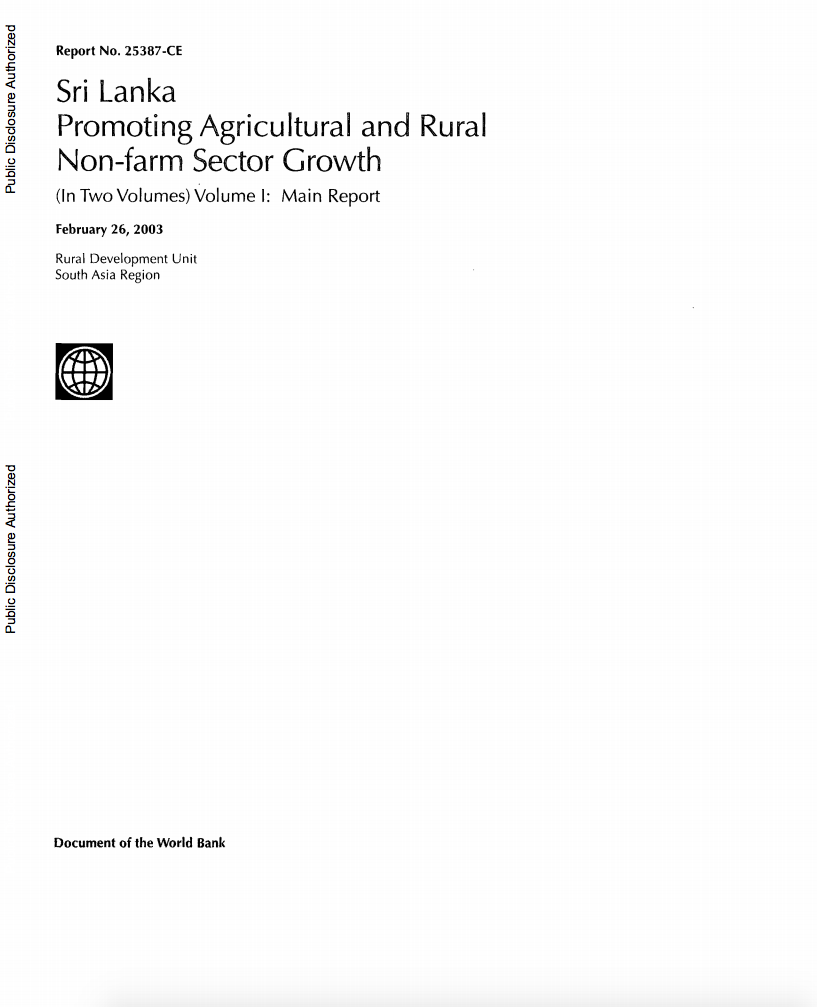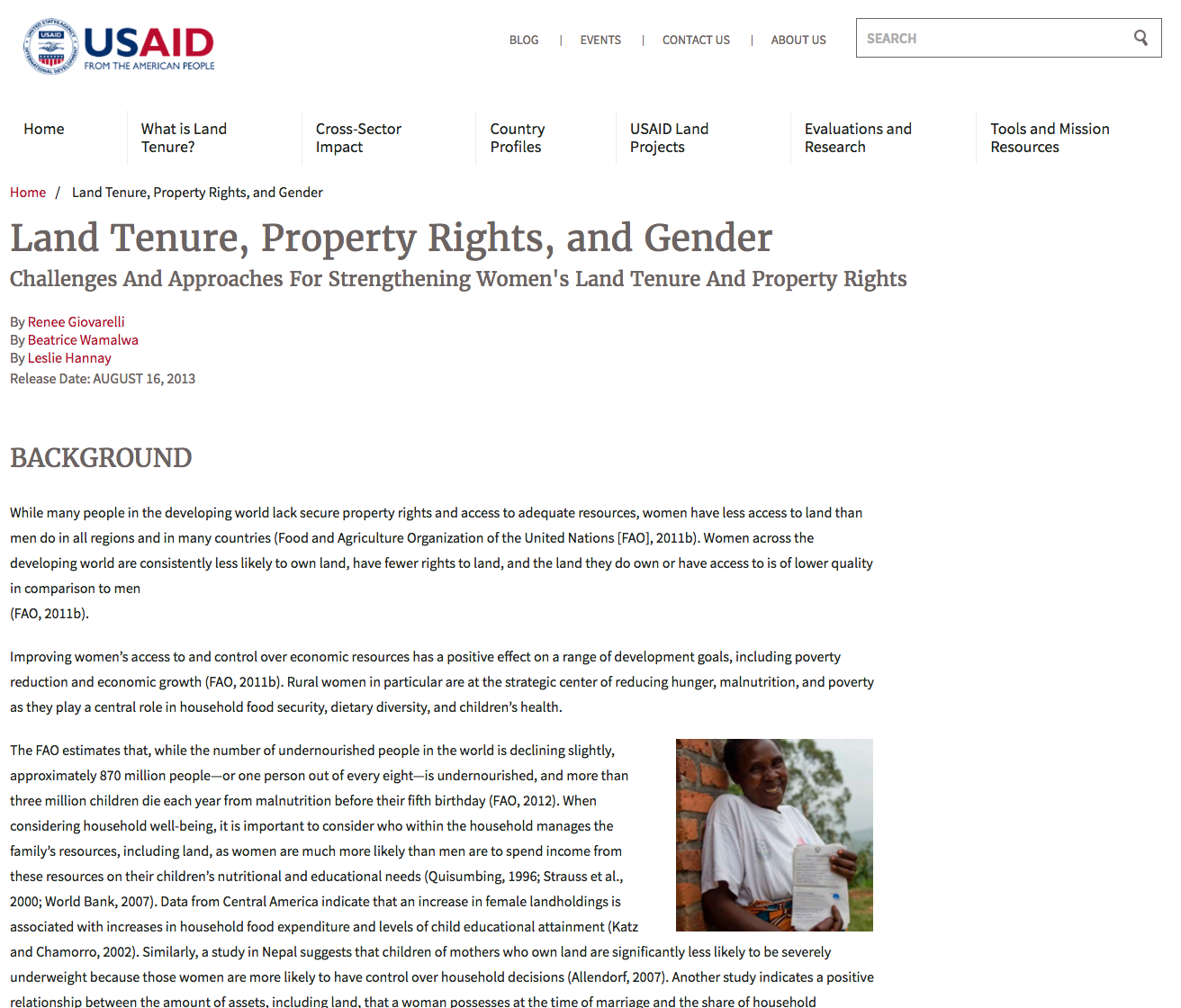Armenia : Growth Challenges and Government Policies, Volume 1. Main Conclusions and Recommendations
This report reviews growth trends in
Armenia for the period 1994-2000, outlines major weaknesses
of existing development patterns, and suggests a package of
policy recommendations designed to accelerate enterprise
restructuring, attract investment, and encourage the
creation of new businesses in the medium term (three to five
years). Such steps are needed to systain (and preferably to
increase) the current growth rates, to stop emigration among





